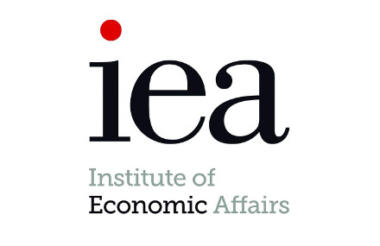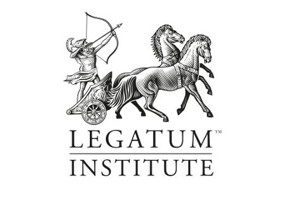The Institute for Economic Affairs (IEA) has today republished a version of its controversial discussion paper on Brexit, with a number of changes to comply with charity law.
Plan A: Creating a prosperous post-Brexit UK, authored by Shanker Singham and Radomir Tylecote, was initially published in September 2018. But the Charity Commission informed the IEA of its intention to issue an official warning and instructed the think tank to remove the paper from its website.
In December the Commission issued a regulatory alert to over 100 think tanks and in February formally issued the IEA with an official warning.
The IEA requested a decision review in March. In May the Commission confirmed that one of its board members Kenneth Dibble would conduct the review, but the IEA says it objected to the appointment as he was the regulator's head of legal until 2018.
In June the review was published, accepting that some errors were made and ruling that the warning should be withdrawn. At the time the Commission emphasised that the September 2018 report had “crossed the line” and that it was withdrawing the warning “in light of the steps the charity has taken”.
In July the regulator advised the IEA that a revised version of its report would be acceptable. According to extracts of correspondence published by the IEA, the regulator said: “In a number of cases, simply changing ‘should’ to ‘could’ would resolve the issue”.
The paper is 156 pages long. The IEA said that the changes affect 3,113 words or phrases.
A Charity Commission spokeswoman said: “We are aware of the publication of the IEA’s revised report. The responsibility lies with the trustees to ensure the updated report furthers the charity’s objects and is in line with charity law.”
Education charities
The Commission’s guidance for education charities emphasises the importance of balance and neutrality.
It also stresses that: “If the purpose of providing information or education is to persuade people to form specific conclusions, then this is not education.”
Charities with more than one objective can produce recommendations that are in line with another aim, for example protecting the environment.
“Promoting a specific point of view may be a way of furthering another charitable aim, but it would not be education,” guidance says.
|
Related articles











